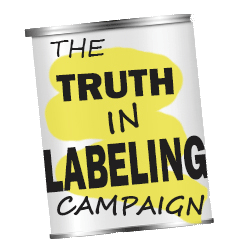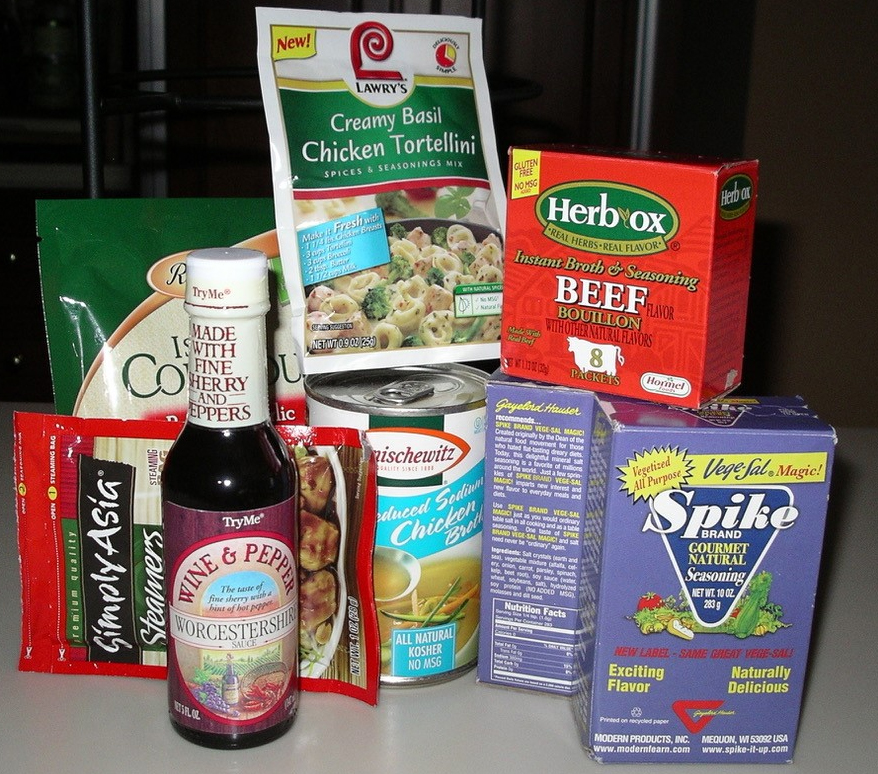Agree or not, we hear a lot about face masks and social distancing in helping prevent transmission of the Covid-19 virus. But missing is the fact that what you’re eating or not eating could increase or decrease your vulnerability to a Coronavirus attack.
Being a health food advocate, it was easy for me to look to my dinner plate for clues to Coronavirus vulnerability. My take was that if my plate was loaded with what the Food Pyramid people call healthy food, I’d have a better chance of warding off the virus should I be exposed.
Indeed, the website HealthLine tells us that research links serious diseases to a poor diet. It goes on to say that eating whole foods is important. The experts there tell us to try and consume whole foods at least 80-90% of the time. They even define what that means: “The term ‘whole foods’ generally describes natural, unprocessed foods containing only one ingredient. If the product looks like it was made in a factory, then it’s probably not a whole food. Many processed foods have little nutritional value and are often referred to as “empty” calories. Eating them in large amounts is linked to obesity and other diseases.”
Also offered is a list of “super-healthy” foods.
But HealthLine like so many others, doesn’t tell us the rest of what we need to know to reduce our vulnerability to the Coronavirus. They mention worthless empty calories usurping the place of nourishing food, and that’s important to know. But they don’t tell us about toxic food additives that stress our immune systems, diverting energy from combatting the Coronavirus to combating toxins in food, and making us ripe for attack.
While there are many toxins added to food, the worst, in my educated opinion, is excitotoxic manufactured free glutamate (MfG).
Most people know that glutamate is a building block of protein as well as a neurotransmitter vital for normal body function. But it’s a Jekyll and Hyde amino acid. When it’s manmade and present in excess outside of protein, either standing alone or in flavor enhancers such as MSG, it becomes excitotoxic, firing repeatedly until its targeted brain cells die.
Research by independent scientists has shown that L-glutamate accumulated in the human body is implicated in kidney and liver disorders, neurodegenerative disease, and additional disorders such as headaches, asthma, diabetes, muscle pain, atrial fibrillation, ischemia, trauma, seizures, stroke, Alzheimer’s disease, amyotrophic lateral sclerosis (ALS), Huntington’s disease, Parkinson’s disease, depression, multiple sclerosis, schizophrenia, obsessive-compulsive disorder (OCD), epilepsy, addiction, attention-deficit/hyperactivity disorder (ADHD), frontotemporal dementia and autism. All these conditions and diseases are on the rise, with evidence of the related toxic effects of glutamate generally accepted by the scientific community. A November 15, 2020 search of the National Library of Medicine using PubMed.gov returned 3872 citations for “glutamate-induced.”
And there’s good reason to suspect that the MfG being ingesting on a daily basis adds to the glutamate accumulating in the body, increasing one’s susceptibility to those disorders.
Many consider being sensitive to MSG to be no big deal. If it really bothers you, just learn the names of ingredients that contain its toxic manufactured free glutamate (MfG), read labels, and avoid it.
But with Covid-19 being a threat, it assumes much greater importance.
In the olden days, we called everything that caused an MSG-reaction “MSG.” It took us years to realize that MSG was just one of the many ingredients that contain the venom responsible for an MSG reaction. And it is only lately that we have begun to refer to that toxic substance as MfG.
Recently were we able to put two and two together and realize that it was entirely possible that the venomous glutamate being ingested could contribute to the “excess” glutamate that caused normal glutamate to take on its Jekyll and Hyde role contributing to human abnormalities, increasing our vulnerability to toxic substances of all kinds, and in particular to the Coronavirus.
If I held a faculty position at a university or medical school outside of the United States, I could source relevant research and build a theory that could be evaluated. But in the U.S. researchers don’t touch anything that might place MSG and its venomous glutamate in a bad light, and if someone did, no medical journal in the U.S. would publish it.
So, the best that this knowledgeable health advocate can do is inform the public with a blog or Facebook post and hope that enough people take notice to make a difference, or that some person of unassailable reputation for knowledge and integrity takes an interest in presenting this information to the public.
Adrienne Samuels
If you have questions or comments, we’d love to hear from you. And if you have hints for others on how to avoid exposure to MfG, send them along, too, we’ll put them up on Facebook. You can also reach us at questionsaboutmsg@gmail.com and follow us on Twitter @truthlabeling


